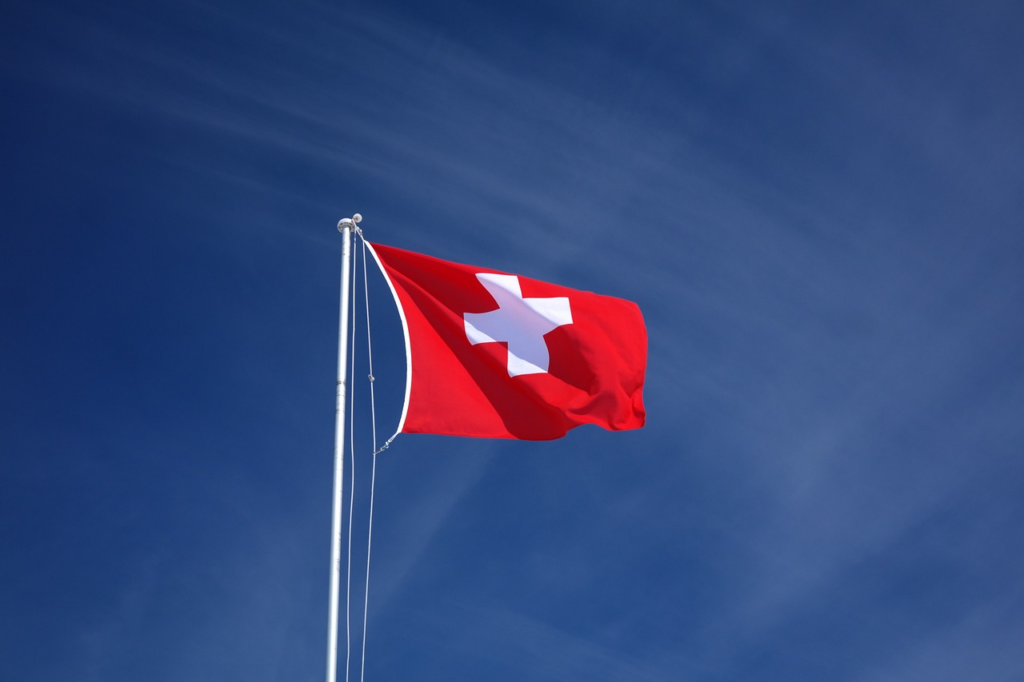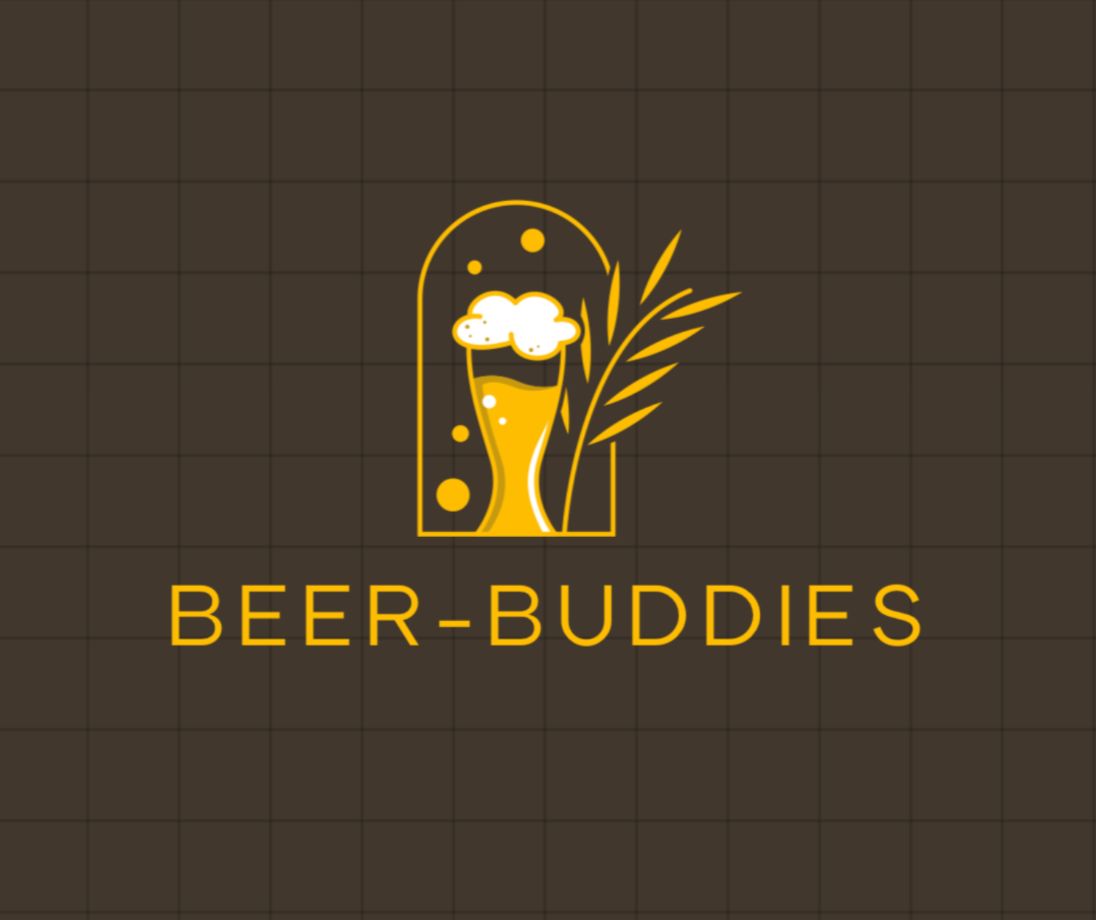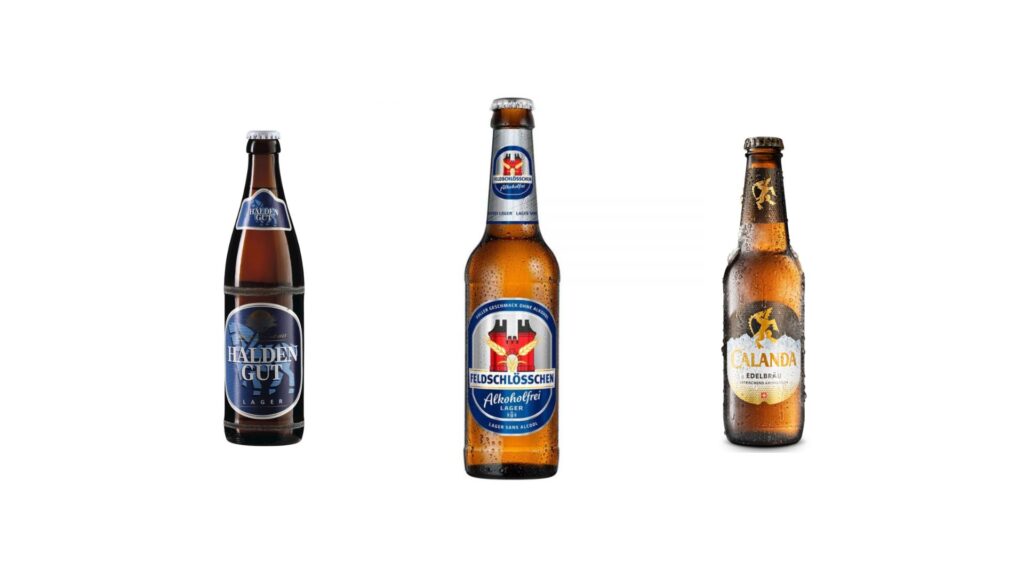
The beer in Switzerland has a history full of ups and downs. Kind of like a problematic relationship. But to spoil the outcome… they made it in the end. On a more serious note, although as many other European countries, Switzerland was strongly connected to wine, beer has been present, quietly aiming popularity in the cultural picture. According to Our World in Data, out of the total alcohol consumption of the country, beer loses with 31.8% in the favour of wine with 49.4%. Today, traditional brewing techniques are tightly tied to more modern ways of producing beer and thanks to the variety, there must be an option for every traveller wandering around in Switzerland.
In Ancient times, beer was mainly made of barley and rye and was consumed in the people`s day to day life. The Middle Ages meant the beer production ascension. After being invaded by barbarians, Irish monks brought back this education, as they were one of the most capable brewers. Beer was considered a luxurious drink. It could not be preserved for long due to losing its quality and that caused a divided market.
As Switzerland is a regionally delimited multicultural space, no areas consume beer equally. Probably, the most predominant in the beer scene is the German influenced region which reasons the overall high consumption of lagers in the country. The lagers are mild beers with medium crisp, known as very refreshing. The Italian region in Ticino situates in the middle on the beer consumption rank and they present interest in craft beers. The French community is the least interested in this alcoholic beverage, but the enthusiasts can enjoy usually the brewing style that is distinguished by the authenticity of the French touch.
In the 19th century, fraud was identified in the field of wine making. This along with multiple discoveries related to the yeast preserving methods, determined the people in Switzerland to choose beer over wine. The revolutionary practices involving yeast flourished industrialization. War came with its damages and that did not get around brewing. Around the 50s`, consumption at home was preferable to the public and factories had increase bottle storage and take many modernisation measures.
Beer with high alcohol percentage qualifies for the excise tax that increases based on the percent. The beverages are not usually strong, and the state promotes moderation in this sense. It could be a reason for which beer in Switzerland was always inclined towards quality. As in most countries, beer is a social fuel, suiting best outings with friends, barbecues or watching sports. Some of the most popular brands are Feldschlösschen, Haldengut and Calanda.
Beer remains highly appreciated and craft beer develops a growing interest among Swiss. With significant importance attributed to the relationship between their drinks of choice and food, Switzerland made room for modernity and folklore to coexist and continuously create diversity that satisfies the needs of its native communities.
When will you have your next beer in Switzerland?


Leave a Reply